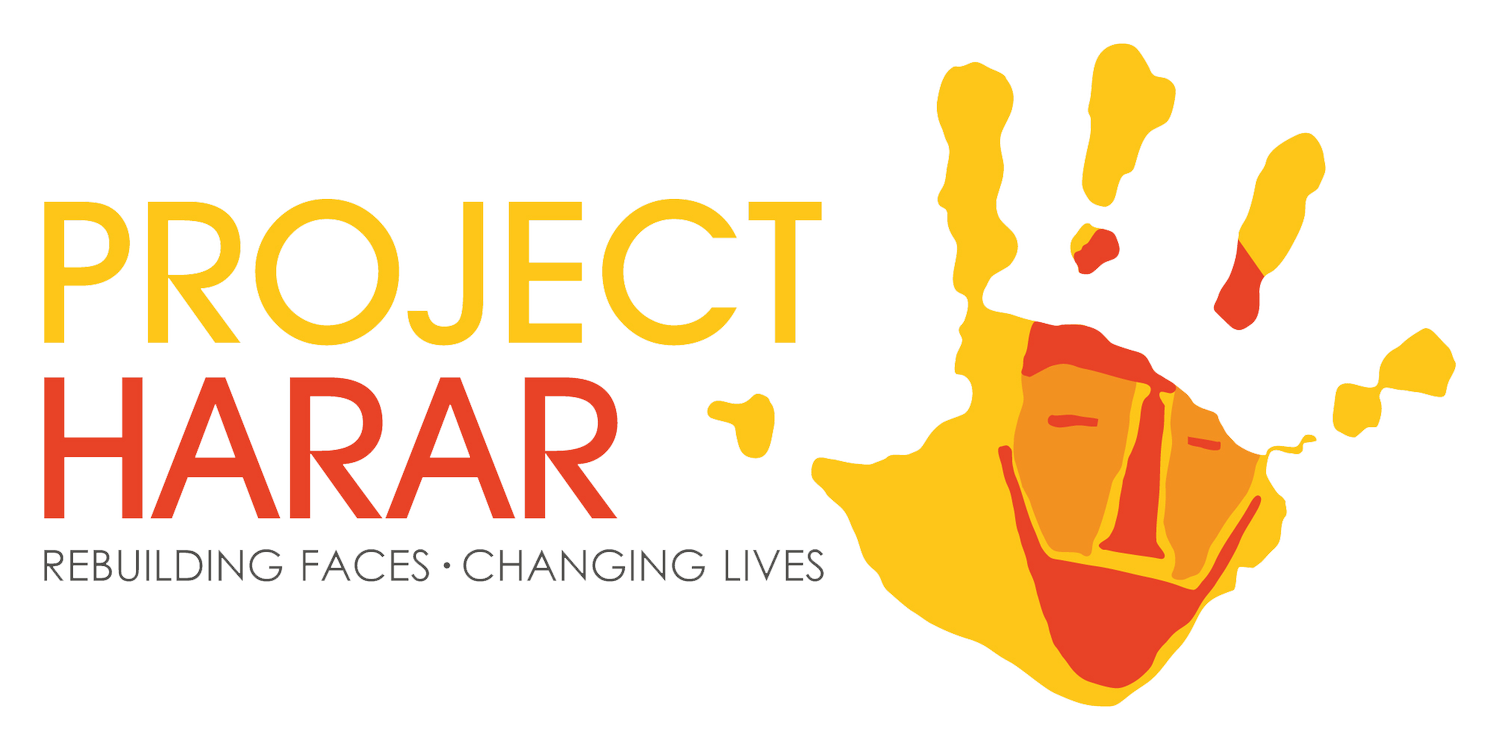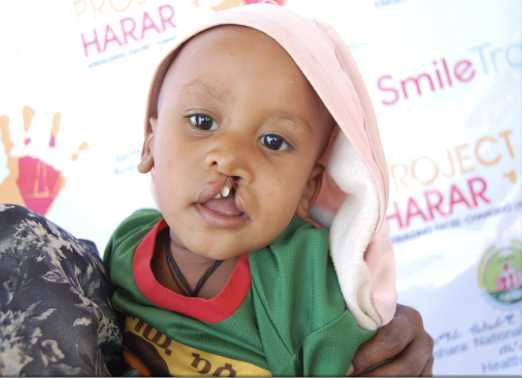GEBREKIDAN’S STORY
Gebrekidan, a one-year and six-month-old child, arrived at Tibebe Ghion Hospital in Bahir Dar accompanied by his mother, Tazanesh. Tazanesh, who works as a farmer in the North Gonder Zone, is the mother of seven children, with Gebrekidan being the youngest.
Gebrekidan’s Mother, Tazanesh, shared her experience as follows: “I was the first to give birth to a child with a cleft lip in our family. My husband is always sad and becomes moody about this baby. This makes me sad also.” Sadly, Tazanesh’s experience is not uncommon and many mothers who have a child with a cleft condition do not receive adequate support from their husbands, which can place an additional burden on them as they navigate the challenges and responsibilities of caring for their child’s needs.
Tazanesh then goes on to tell us about the misconceptions that many people have surrounding cleft conditions. “Our community believes this case in different ways such as an act of God, evil spirit and Ancestors punishment related to wrongdoing by family.” Due to the different cultural and religious beliefs, there is lots of superstition surrounding facial differences, resulting in unnecessary and inaccurate blame being put on the parents for their child’s condition. Therefore, it is so important that we continue to do work to raise awareness about cleft in order to reduce stigma and alleviate the social burdens put on families.
Tazanesh explains that “When I go to market, straight away about more than ten new people ask me to explain my child’s condition. Sometimes you don’t want to talk about it and it can just get frustrating. Due to this reason always, I fear going to public gathering places.” Tazanesh proceeds to tell us her heart-breaking experience of people turning their back on her and her child: “My neighbours refuse to carry my child and make jest of him. My mother-in-law refused to carry my baby the last time we went home for Christmas, claiming I was the cause of the defect because of my way of life. My father-in-law has refused to visit me since they heard about the birth of my child. They think as I had a child who was viewed as less than perfect.” Many mothers express their profound sense of isolation as they find themselves unable to venture out in public with their children, leaving them to confront their child’s health challenges in solitude, devoid of the support they desperately need from their community.
Tazanesh informs us of the challenges her son has faced with nutrition, “My child always has difficulty eating food because he cannot chew comfortably. Therefore, he cannot eat what he wants. Most of the time I give him soft foods such as porridge and other liquid types of foods.” The challenges associated with eating due to a cleft condition can result in a child experiencing undernourishment and an increased vulnerability to infections. These health risks can be very dangerous for young children and if left untreated can cause significant harm to their development.
“I am very excited with the treatment given to my child. Certainly, I have been lucky with the way things have turned out. So, I consider the child as fortunate when I see others having a cleft condition.”


